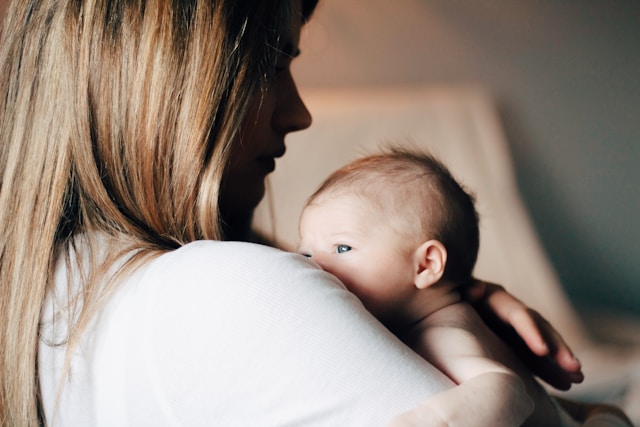In the journey of adoption, birthmothers often face a myriad of challenges, with relocation needs standing out as a significant consideration. The decision to place a child for adoption is deeply personal, marked by emotional complexities and practical considerations. Understanding and addressing the unique relocation needs of birthmothers is essential in providing them with the empathy and empowerment they require as they navigate this complex journey.
Understanding Birthmothers’ Values
Embracing empathy is crucial in building trust and deepening the mother-child bond. It allows you to understand non-verbal cues and respond to them effectively, helping you to bridge gaps caused by misunderstanding or conflict. It also plays an important role in resolving emotional distress and reducing the strain on the mother-child relationship.
Birth mothers often describe a deep sense of spiritual growth and emotional evolution after making their adoption choices. Many have pursued educational and career goals post-adoption, understanding love and sacrifice more and forming deeper connections with others.
Birth mothers have a unique perspective on the adoptive family search process and prioritize maintaining communication with their child’s family through the adoption triad. They also emphasize the importance of ongoing support from communities and groups that have made similar decisions, emphasizing that no one should navigate this journey alone. This support can include counseling, group discussions and mentoring. It can be especially helpful in dealing with difficult emotions, such as grief, guilt, shame and identity issues.
Also, the birthmothers relocation program is instrumental in addressing the diverse needs of birthmothers, ensuring they have access to resources and support during a critical phase of their journey. By offering assistance with housing, employment, and emotional well-being, this program enhances the agency’s ability to provide comprehensive care and empowerment to birthmothers, ultimately facilitating smoother transitions and more positive outcomes for birthmothers and their children.
Understanding Birthmothers’ Culture
As children enter a family through adoption, their culture and differing heritage will accompany them. This is not exclusive to international adoptions but rather a natural part of the process for any child placed for adoption.
As such, it’s important to keep your adopted child’s birth culture alive. One way is to bring up their background with them often instead of hiding it away. This will allow them to be proud of their origins and create a deeper connection to their heritage.
Research has shown that a humanized approach to birthing is possible in specialized hospitals with the right staffing, policies, and support. However, the cultural aspect is often difficult due to strict hospital visits and companionship rules. The medical aspects of care are also often regarded as more highly valued in this setting. Consequently, it’s important to understand the interaction between the two.
Understanding Birthmothers’ Needs for Support
Often, when a birth mother has to place her child for adoption, she may feel abandoned by those around her. This can be a very emotionally and physically challenging time for her. It is important to recognize her loss and offer condolences. It is also helpful to keep in mind that the decision to place her child for adoption is very difficult and not a choice that should be made lightly by anyone.
Those more in tune with their feelings tend to be better able to empathize. It is not uncommon for people to become absorbed by someone else’s pain, but it can be dangerous. Putting others’ feelings before your own can leave you feeling depleted and unfulfilled.
Studies have shown that children raised in families with good communication and openness to sharing feelings are likelier to empathize with their peers. Developing empathy skills in teens can help them be more supportive throughout adolescence and adulthood.











